 Nairobi, 10 August 2018 - A festive mood engulfed the usually staid United Nations complex in Nairobi when hundreds of young people, partners, top Kenyan government officials as well as UN employees gathered to celebrate this year’s International Youth Day.
Nairobi, 10 August 2018 - A festive mood engulfed the usually staid United Nations complex in Nairobi when hundreds of young people, partners, top Kenyan government officials as well as UN employees gathered to celebrate this year’s International Youth Day.
Youths in Nigeria trained in renewable energy technologies and green entrepreneurship
Abuja, 12 January 2017 – The United Nations Human Settlements Programme (UN-Habitat), in partnership with the Federal Government of Nigeria, conducted hands-on training in energy efficiency and renewable energy technologies, green entrepreneurship and enterprise development for 125 selected youths drawn from 26 States across the Nigeria in Abuja in December.
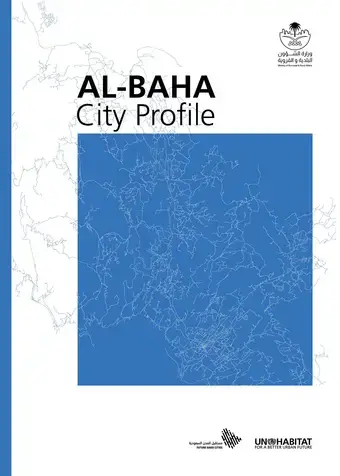
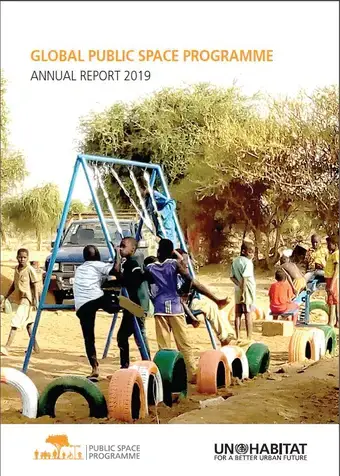
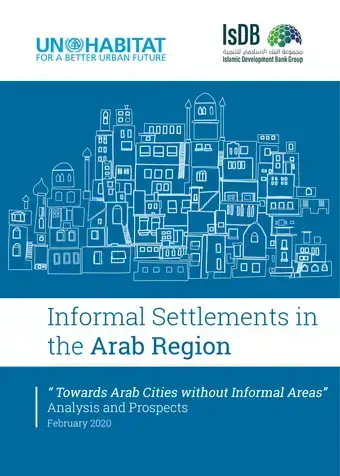
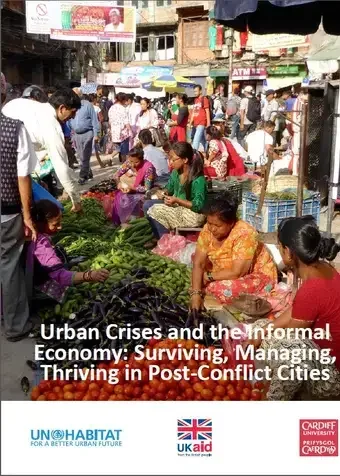
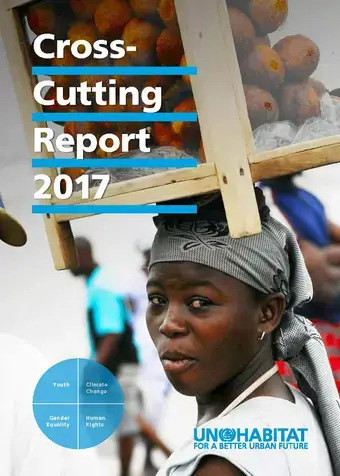
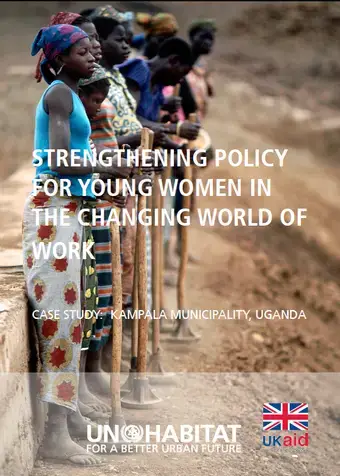
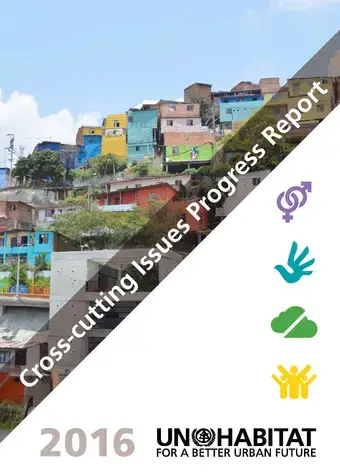
 Nairobi, 31 October 2016---Raphael Obonyo, a Youth from Korogocho Slums in Nairobi, has been named the Runner-Up in the 2016 UN Persons of the Year for his contribution to youth empowerment
Nairobi, 31 October 2016---Raphael Obonyo, a Youth from Korogocho Slums in Nairobi, has been named the Runner-Up in the 2016 UN Persons of the Year for his contribution to youth empowerment